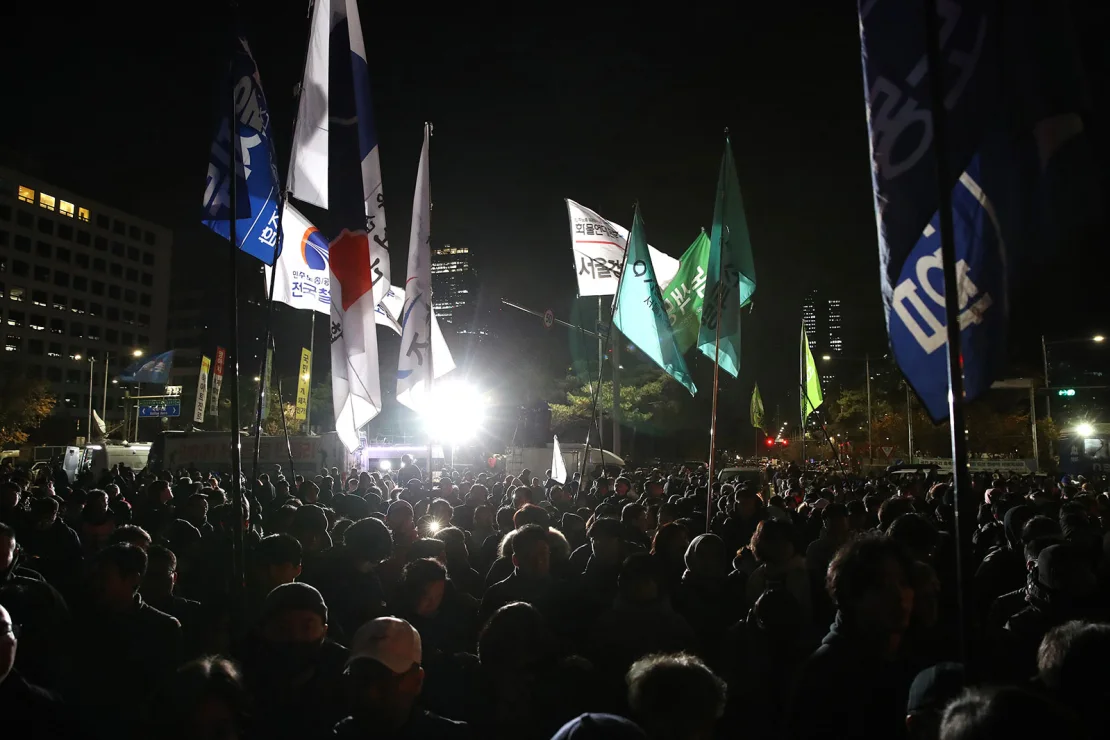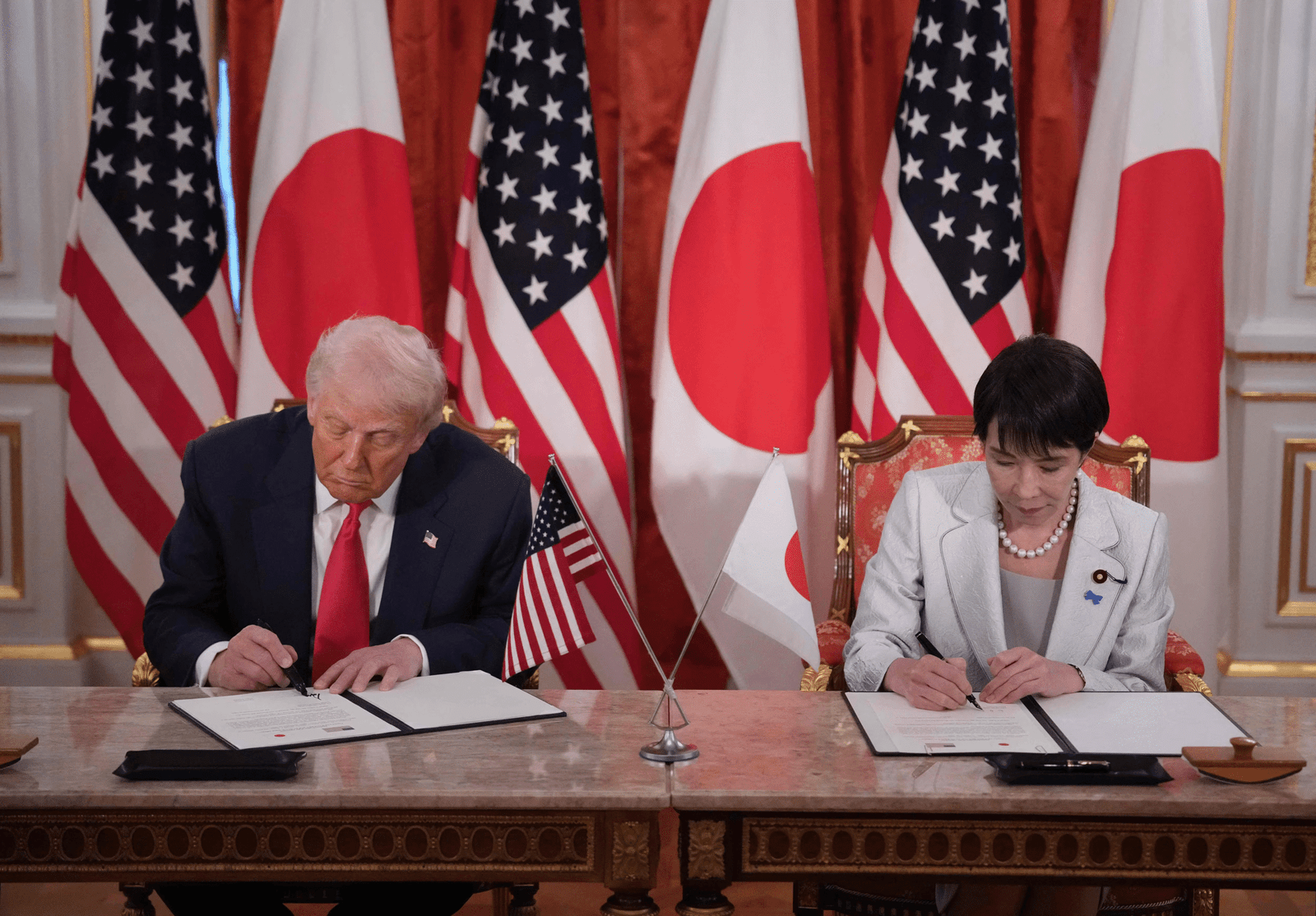The recent political turmoil in South Korea has stirred significant debate regarding the possibility of martial law being enacted. Accusations surfaced that President Yoon Suk-yeol, facing increasing political pressure and allegations of abuse of power, might resort to martial law to sidestep impeachment proceedings. This suggestion has drawn comparisons to historical moments of martial law in South Korea, particularly the 1980 Gwangju Uprising, which remains a poignant chapter in the nation’s history
The controversy has intensified following Yoon’s strained relationship with the opposition parties, which have accused him of using his executive powers to obstruct investigations into his administration. With growing dissatisfaction over the president’s governance style, some political factions fear that martial law could be used as a tool to consolidate power, though this remains largely speculative
However, experts point out that the current political landscape in South Korea is vastly different from the times when martial law was imposed. In a modern, democratic South Korea, the military is unlikely to support such a drastic measure. The country’s constitution and political environment make it improbable that martial law could be successfully enacted without facing massive resistance from both the public and military
Despite the allegations, the government has firmly denied any plans for martial law, dismissing these claims as politically motivated rumors
While these tensions continue to dominate headlines, the situation underscores the deepening political divide and the challenges facing South Korea’s democracy.











